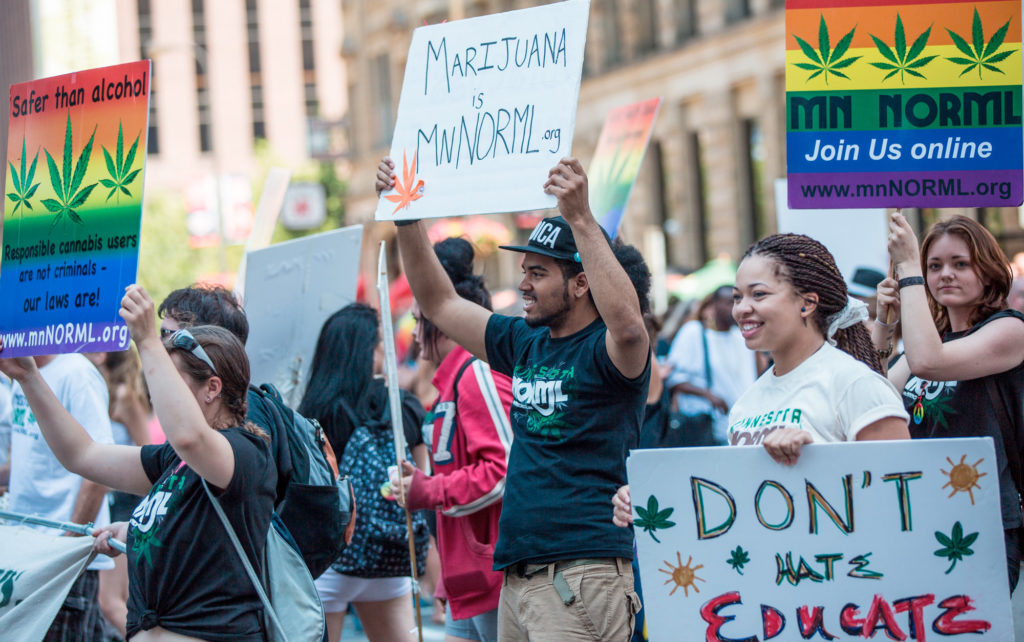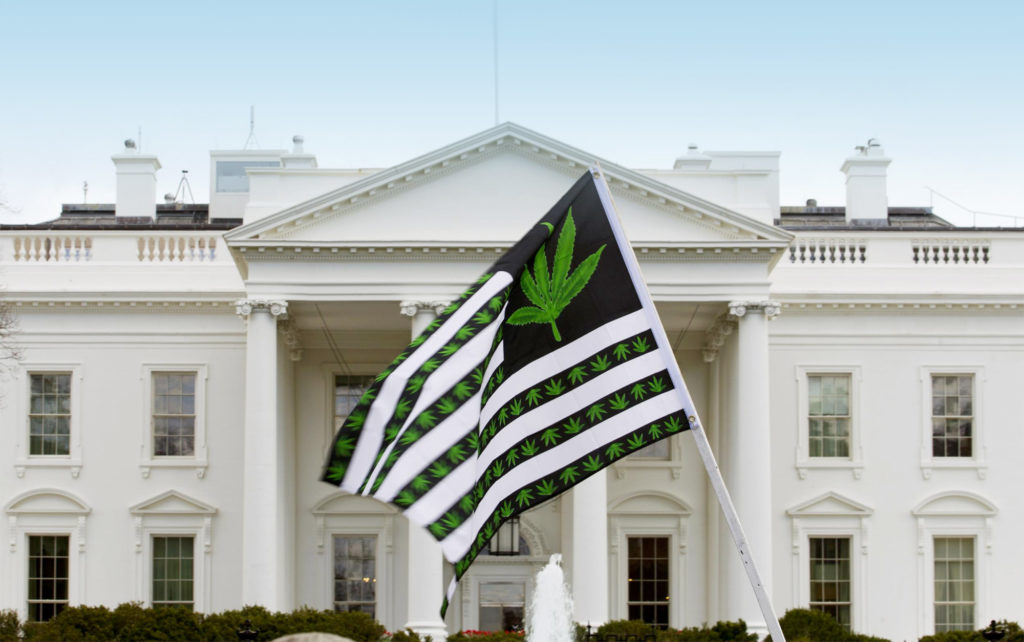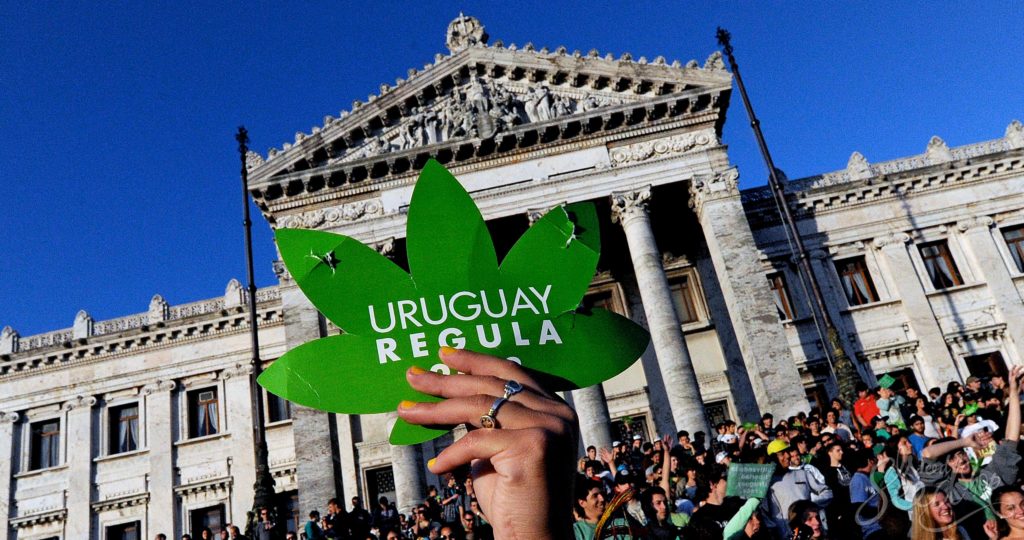The journey that the cannabis crusade has made in the USA towards legalization hasn’t been without its controversy. Strides and setbacks have been characteristics of both sides of the argument, and it seems that the two opposing sides to this controversy aren’t throwing in the towel any time soon. This article explores both the rises and the falls of the cannabis crusade.
Whether you’re for or against the decriminalization of cannabis, one must admit the peaks and valleys that represent strides and setbacks on both sides of this never-ending crusade are mindboggling. Staying current with the most recent laws, news developments, and opinions can be confusing, at best. With neither side ready to concede anytime soon, it seems the controversy is destined to continue until time immemorial.

What’s the argument all about?
Beginning with Oregon in 1973, individual states within the US began liberalizing cannabis laws through decriminalization and legalization of recreational and non-recreational cannabis use. Since then, the idiom ‘one step forward, two steps back’ has never been more apt. (However, it appears the ‘steps forward’ supporters are gaining on the ‘steps back’ opposition!) With both sides holding strong opinions for and against the legality of weed, the collective commitment to this battle seems, at times, disproportionate compared to other, more serious issues that also command our attention. With that, one must ponder what this conflict is really about … It’s about freedom vs. control; it’s about substance use vs. medicinal benefits; it’s about power, judgment and independence; it’s about winning and losing; it’s about ego; it’s about compassion; it’s about money and Mother Nature.
Almost any argument has the propensity to snowball to such a degree that even elementary principles and objectives become hazy or overlooked, resulting in the utter evaporation of other genuine causes that deserve examination. This particular war seems needless when so many citizens have clearly voiced their opinion in support of legalization and when studies have proven time and again that the benefits of legalized cannabis far outweigh the negatives.
Clearing up some misconceptions
Perhaps it would be idealistic or naïve to hope for some sort of happy medium wherein supporters and their opposition can agree that the medicinal properties of cannabis are valid and valuable, and therefore essential; that there are economic merits to legalization; that not all cannabis users are irresponsible thugs capable of violence; that our country will not go down the toilet if we legalize it; and that certain inflexibilities will only perpetuate this expensive and sometimes static campaign.
For example, let’s review just a few of the strides and setbacks we observed in 2014:
- January 2014, the sale of recreational cannabis products is legalized in Colorado: The first legally sanctioned sales of recreational cannabis are permitted; television and paparazzi alike document this significant milestone.
- February 2014, Congress allows hemp cultivation: A farm bill signed by the President includes a provisionallowing colleges and state agencies (in states where hemp cultivation is permitted) to conduct research on the crop. By fall 2014, Kentucky becomes home to the first legal hemp harvest in decades.
- March 2014, chief medical correspondent backs medical cannabis: CNN Chief Medical Correspondent, Sanjay Gupta, states he backs the use of medical cannabis after initially opposing the drug altogether. His reversal adds high-profile legitimacy to the argument in favour of the legalization of medical cannabis.
- November 2014, Florida medical cannabis loses with 58% of the vote: While this particular proposal earned well beyond a simple majority at 58%, it failed to get the required 60% in order to pass. An unfortunate setback among other victories this year. Try again, Florida!
- December 2014, Oklahoma and Nebraska attempt to sue Colorado over cannabis legalization: These two states argue that Colorado’s cannabis law circumvents the federal statute unconstitutionally, and interferes with the plaintiff’s abilities to uphold their own state laws. (An example of how this tug of war can be simultaneously petty and significant.)
- December 2014, Native American reservations are now free to legalize cannabis): The US Justice Department announces it will no longer prosecute federal cannabis laws on Native American reservations, even in cases where state law bans the substance. In other words, the government will let tribal governments decide what they want to do about cannabis use and its parameters—much the same as is permitted in the gambling industry.
- December 2014, Congress hands cannabis movement a ‘mixed bag’: Budget proposal would prohibit law enforcement officials from using federal funds to prosecute patients or legal dispensaries in the 32 states (including Washington, DC) that have passed some form of medical-cannabis legalization. If passed into law, this represents a milestone for the movement. Simultaneously, the House of Representatives chose to overrule a proposal on the issue that would block DC from using funds to enact cannabis legalization—approximately 70% of DC voters chose to liberalize its cannabis laws, passing an initiative that legalized the possession, consumption, and cultivation of recreational weed. Congress—who controls the capital’s budget—has the power to stymie DC’s plans to that end.
Legalization is winning the fight
With several more US states legalizing or decriminalizing cannabis use, 2014 was certainly a landmark year. There were more strides in favour of legalization than setbacks—this is just a drop in the bucket, a miniscule cross-section of the seesaw we’ve observed over the last several decades on this issue. On a positive note, there are many instances and issues where the ‘powers that be’ (decision-making government types) appear to be on the right side: the side of legalization and decriminalization within reason.

With the current state-level push toward legalization, voters have found a way around the outmoded quest for prohibition—an antiquated movement that becomes more and more difficult to explain or justify every day. … And we shall overcome!









